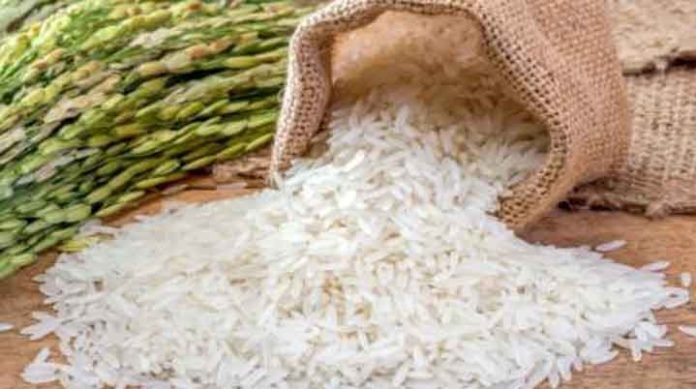INVC NEWS
New Delhi : The Government of India has taken a significant step towards bolstering international trade relations by permitting the export of non-Basmati white rice to Tanzania, along with broken rice to Djibouti and Guinea Bissau. This decision, announced by the Directorate General of Foreign Trade (DGFT) through a recent notification, marks a strategic move to support the food security needs of these nations while fostering economic cooperation.
Export Approval and Mechanism
Under this directive, a total of 30,000 tonnes of non-Basmati white rice will be exported to Tanzania. Additionally, 80,000 tonnes of broken rice will be supplied, with 30,000 tonnes allocated to Djibouti and 50,000 tonnes to Guinea Bissau. The export process will be facilitated through the National Cooperative Exports Limited (NCEL), ensuring streamlined operations and adherence to regulatory standards.
Domestic Supply and Regulatory Measures
While facilitating exports to meet the food security requirements of partner countries, the Government of India remains committed to maintaining adequate domestic supply. To this end, a ban on the export of non-Basmati white rice within the country has been enforced since July 20, 2023. However, exceptions are made for specific nations upon request, reflecting the government’s nuanced approach to balancing domestic demand with international commitments.
Geographical Context and Strategic Partnerships
Tanzania, situated in East Africa, represents a crucial partner for India in the region’s economic landscape. By enabling the export of non-Basmati white rice, India aims to strengthen bilateral ties and contribute to Tanzania’s food security initiatives. Similarly, Djibouti, located on the north-east coast of Africa, and Guinea Bissau, a West African nation, stand to benefit from the supply of broken rice, further deepening India’s engagement with the African continent.
Implications for International Trade and Diplomacy
The decision to allow rice exports to Tanzania, Djibouti, and Guinea Bissau underscores India’s commitment to multilateral trade cooperation and strategic partnerships. By addressing the food security needs of these nations, India not only enhances its standing as a reliable trading partner but also strengthens diplomatic relations on the global stage. Moreover, this move aligns with India’s broader vision of fostering inclusive growth and sustainable development across regions.
Future Prospects and Economic Impact
As India continues to expand its footprint in international markets, the approval of rice exports to Tanzania, Djibouti, and Guinea Bissau opens up new avenues for economic collaboration and mutual benefit. By leveraging its agricultural prowess, India can play a pivotal role in addressing food shortages and promoting agricultural sustainability in partner countries. Furthermore, this initiative paves the way for enhanced trade diversification and economic resilience in the face of global challenges.
















